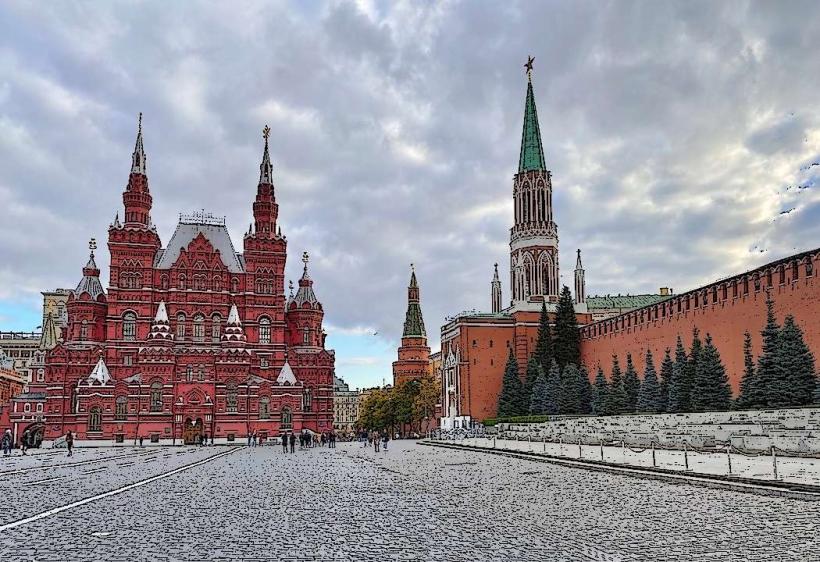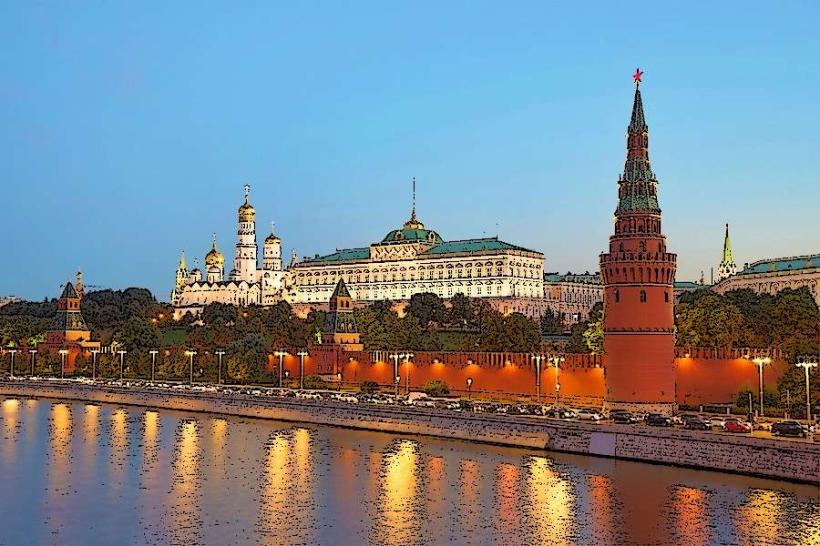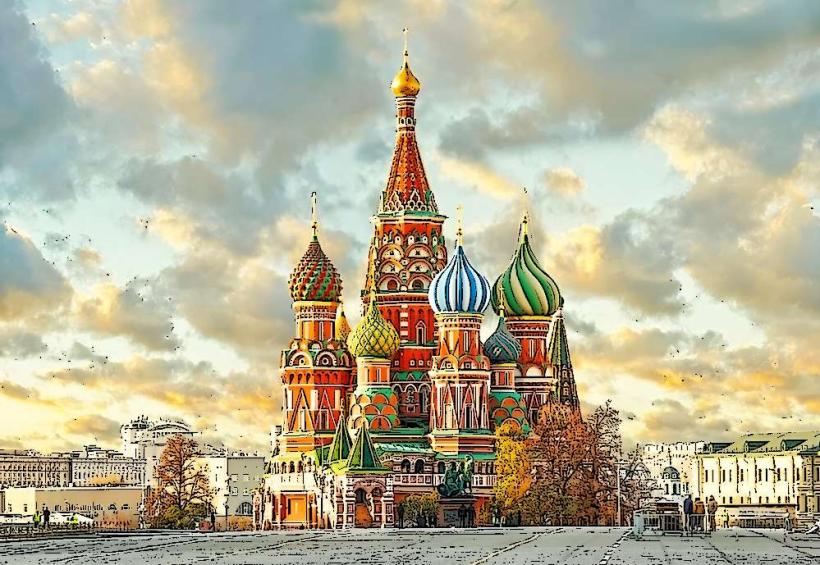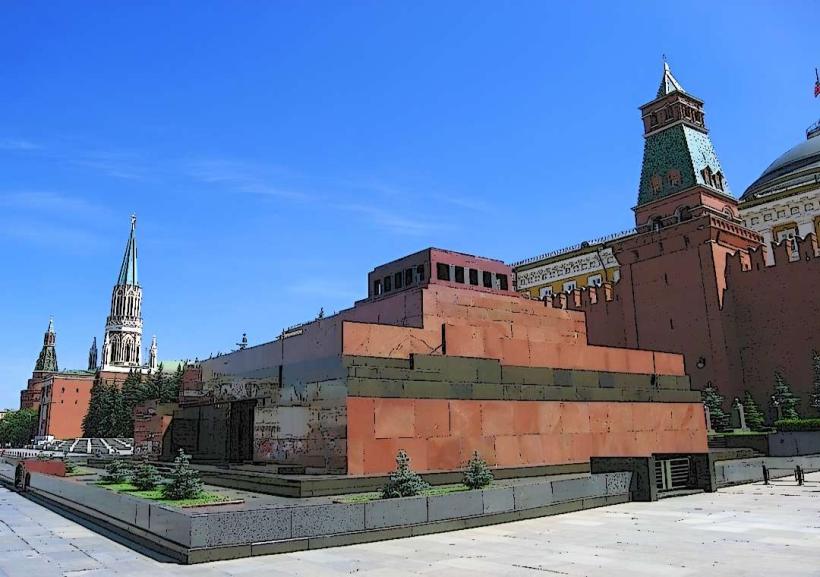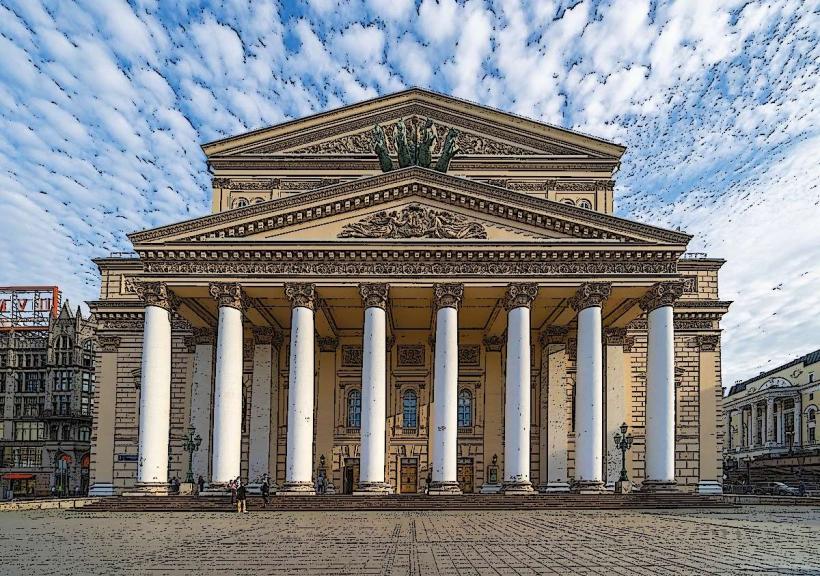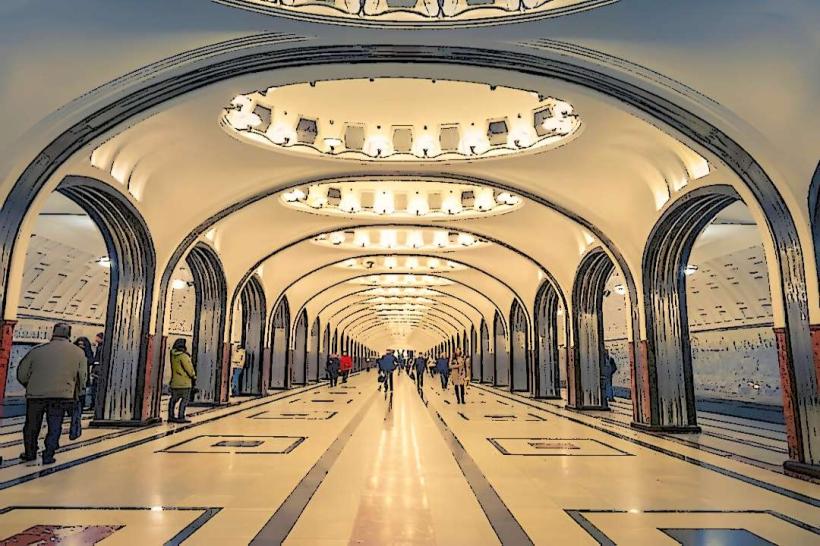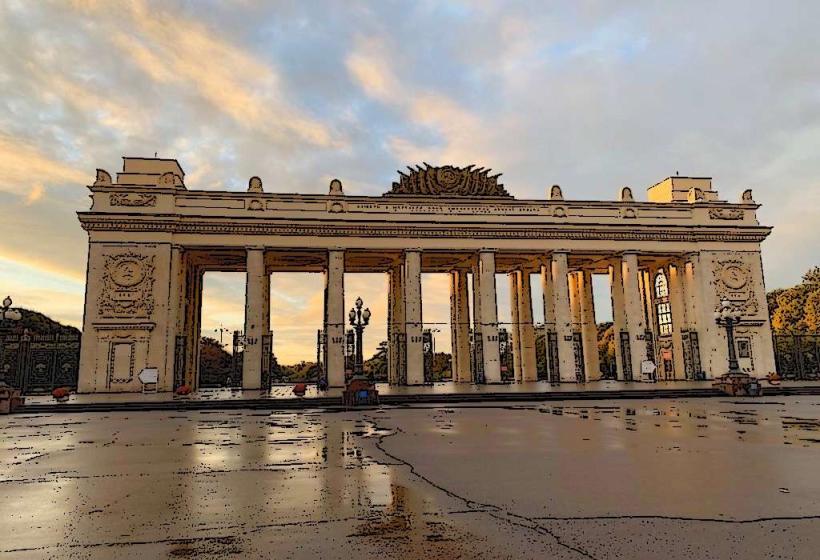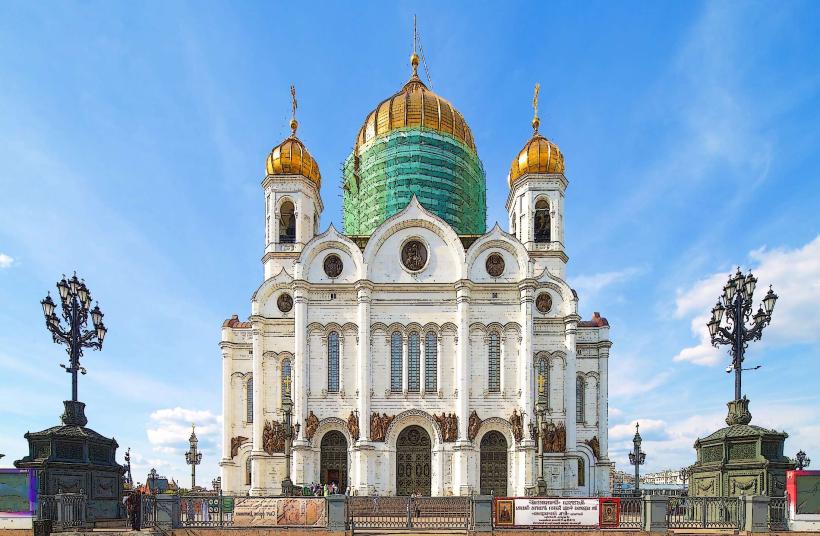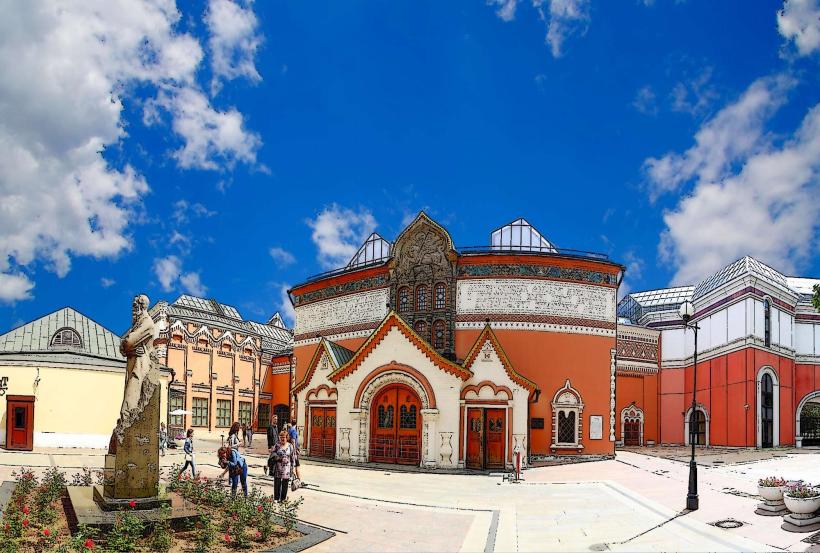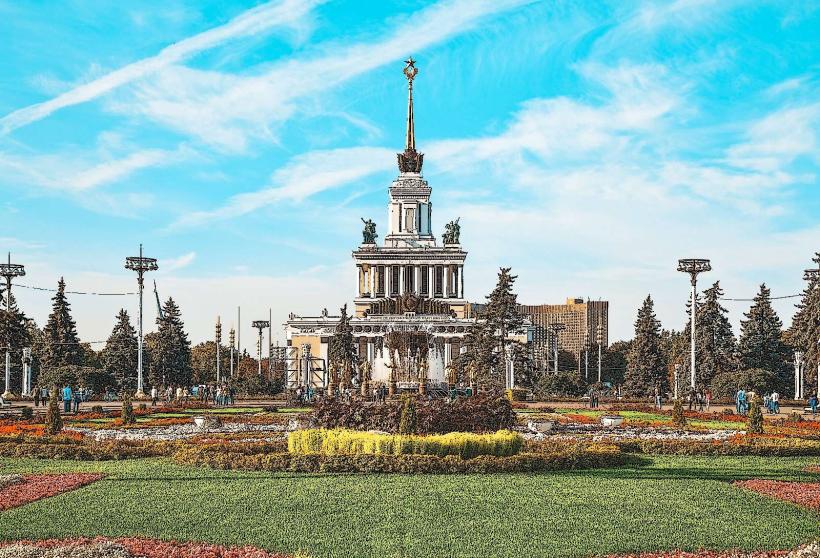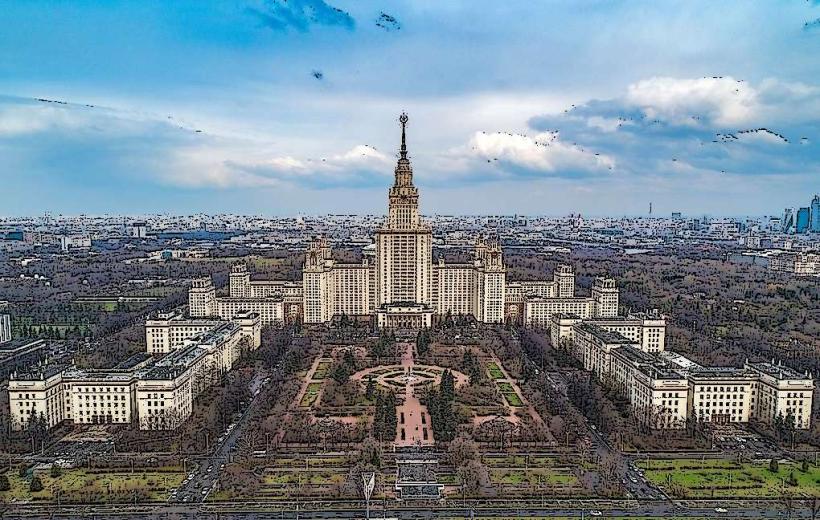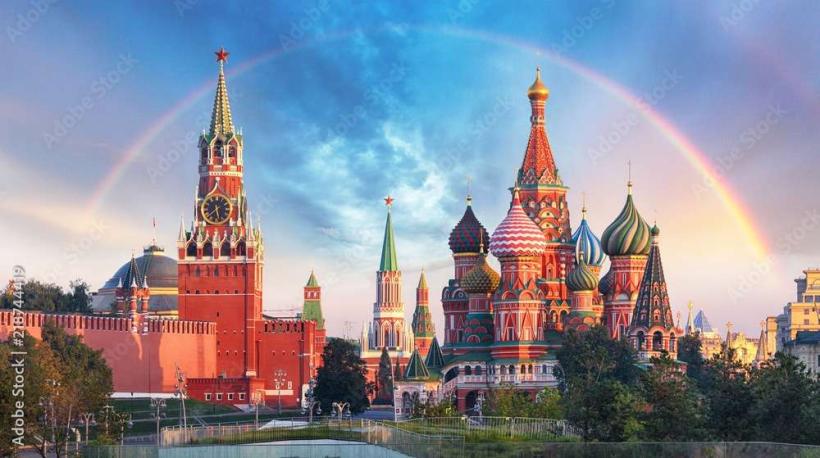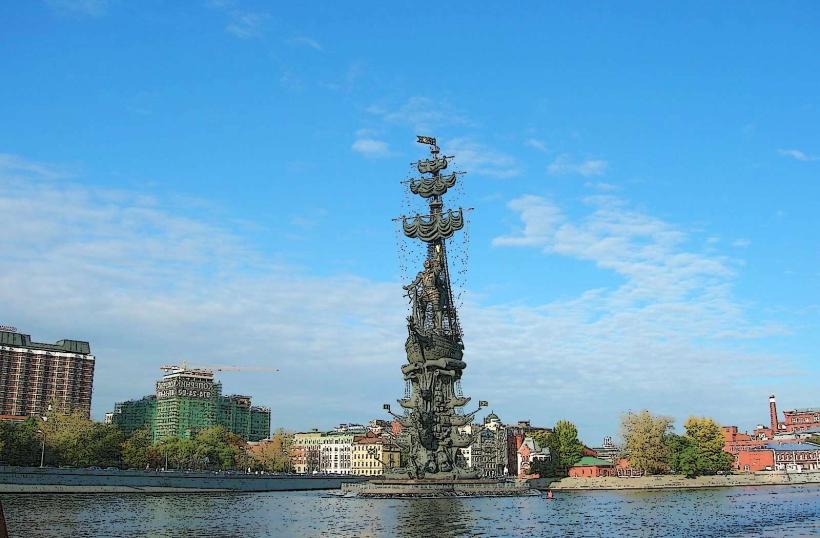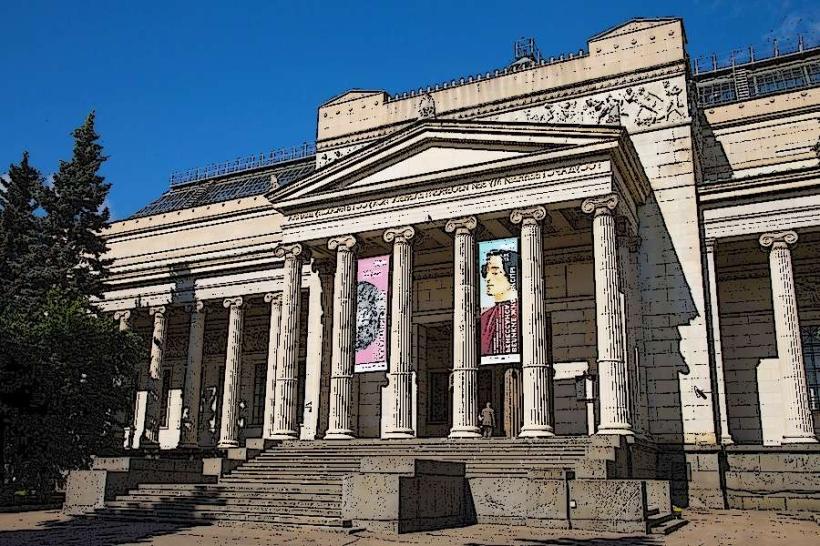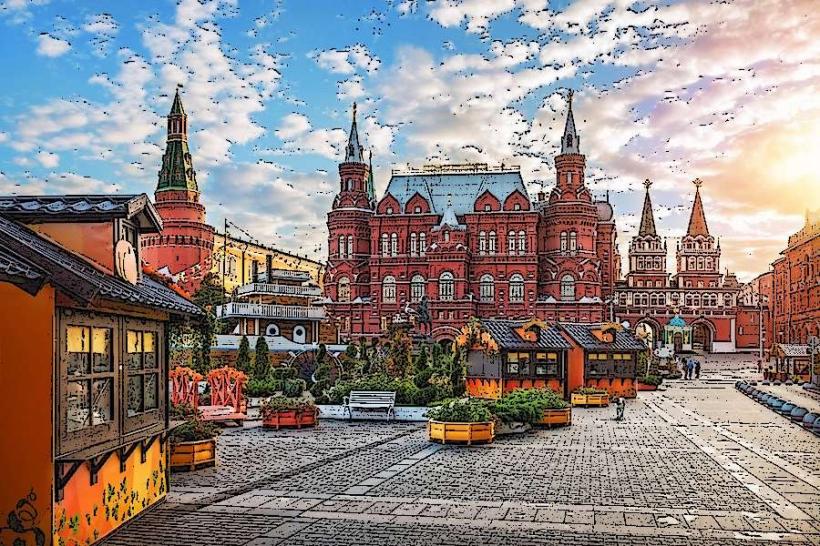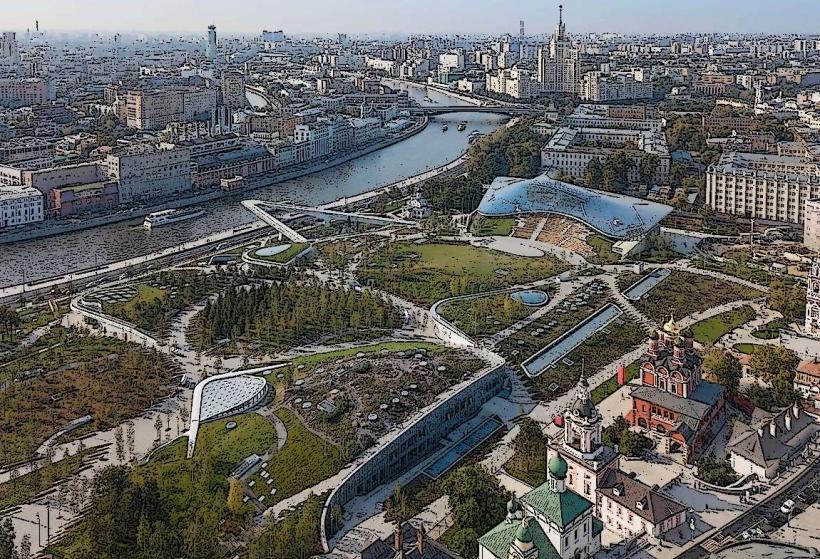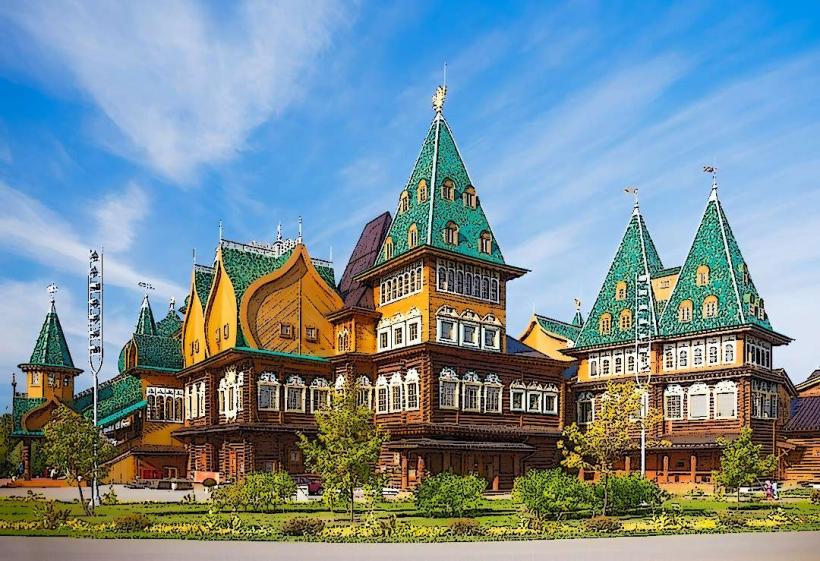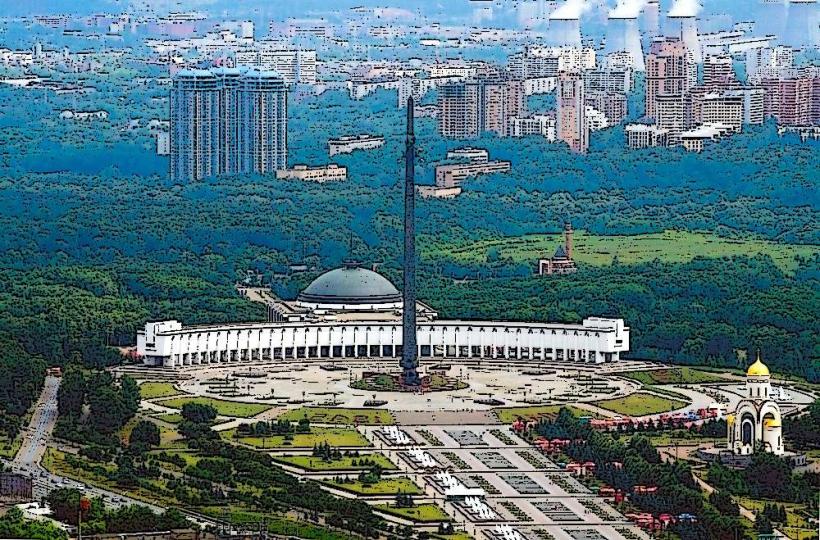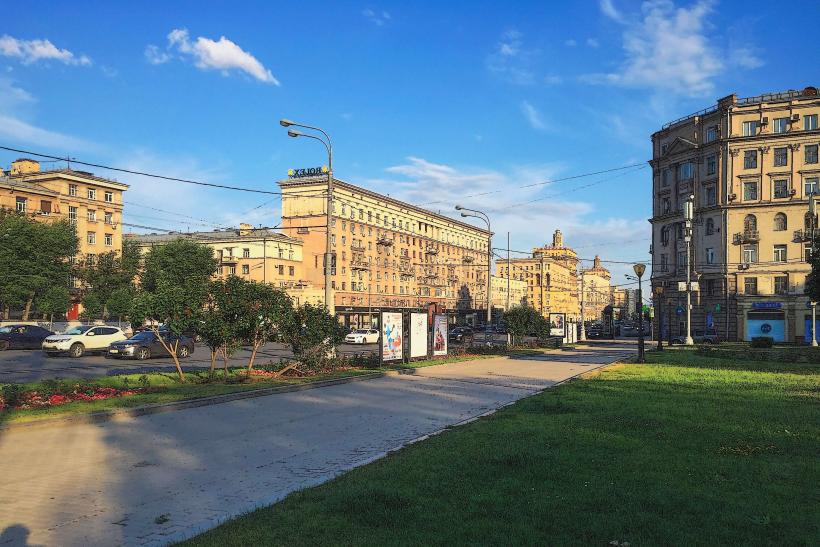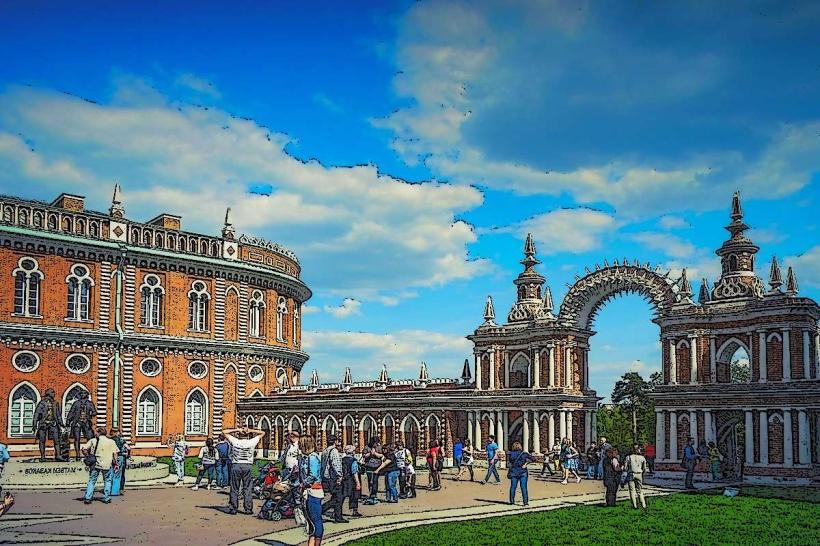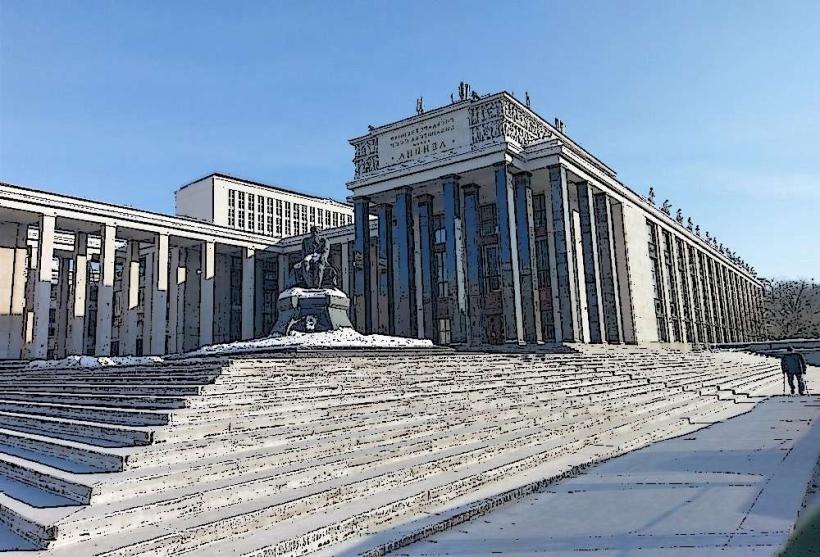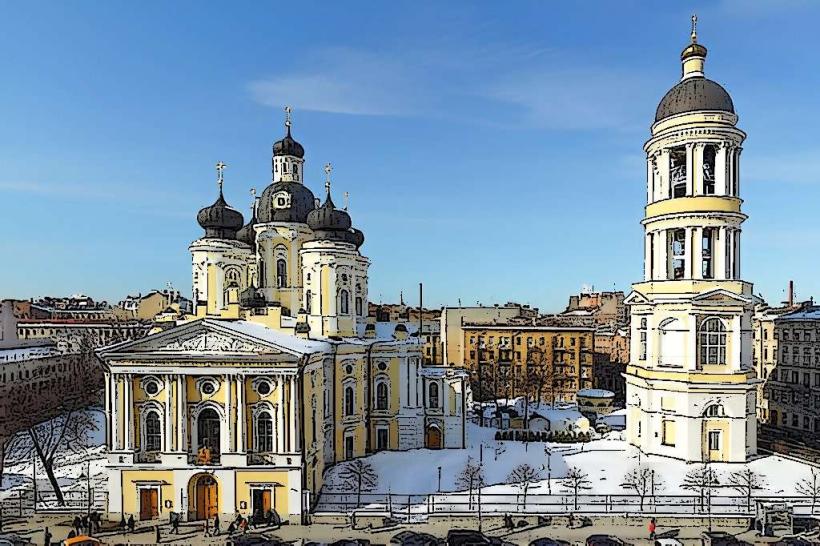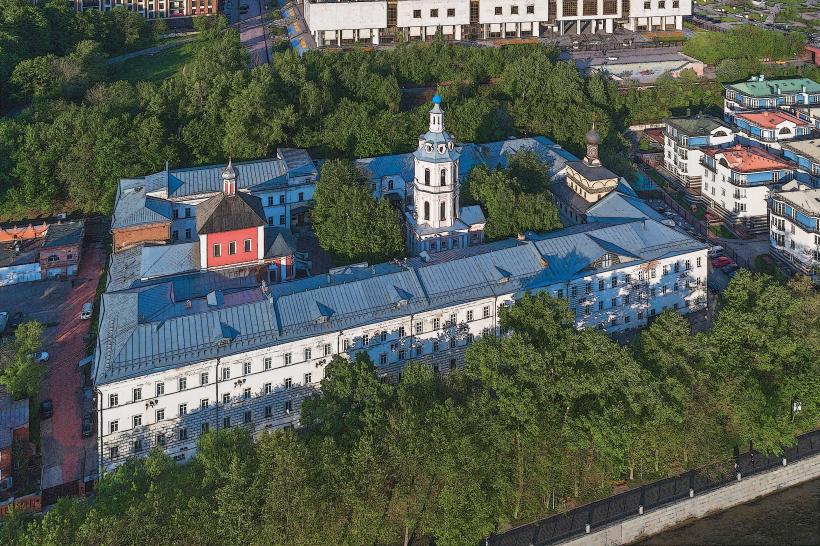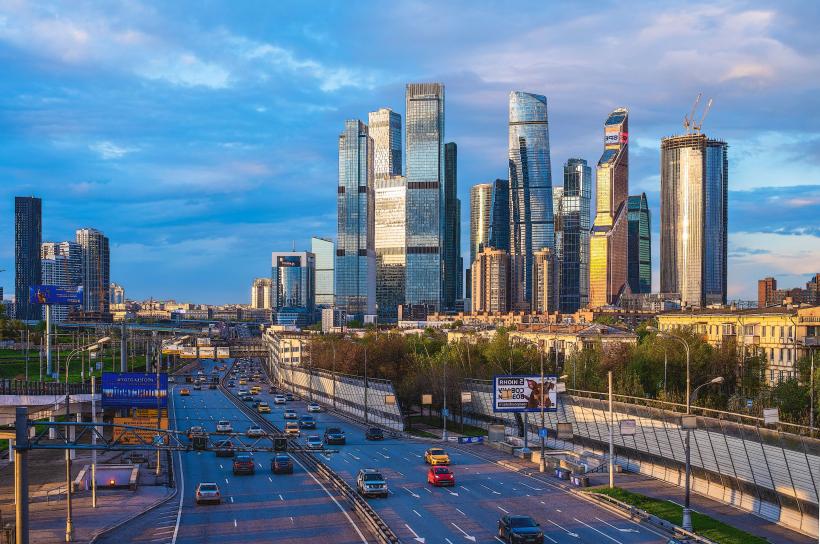Information
Landmark: Tretyakov BridgeCity: Moscow
Country: Russia
Continent: Europe
Tretyakov Bridge, Moscow, Russia, Europe
Tretyakov Bridge is a pedestrian bridge located in Moscow, Russia, spanning the Moskva River.
It connects the Zamoskvorechye district with the Krymsky Val area.
Visual Characteristics
The bridge is a single-span structure constructed from steel. Its deck is approximately 10 meters wide. The railings are made of metal, painted a dark green. The bridge's design is functional, prioritizing pedestrian flow over elaborate ornamentation.
Location & Access Logistics
Tretyakov Bridge is situated approximately 3 kilometers south of the Kremlin. Access is directly from Krymsky Val street on the west bank and from the vicinity of the Tretyakov Gallery on the east bank. The nearest metro stations are Tretyakovskaya (Kalininskaya and Kaluzhsko-Rizhskaya lines) and Novokuznetskaya (Zamoskvoretskaya line), both approximately 500 meters from the east access point. Limited street parking is available near Krymsky Val, but is often occupied. No dedicated public transport stops directly on the bridge.
Historical & Ecological Origin
The bridge was constructed in 1938 as part of the expansion and modernization of Moscow's riverfront infrastructure. Its primary purpose was to improve pedestrian access between the burgeoning cultural institutions on Krymsky Val and the historic Zamoskvorechye district, particularly the State Tretyakov Gallery. It is a man-made structure with no specific ecological origin.
Key Highlights & Activities
Pedestrian crossing between Zamoskvorechye and Krymsky Val. Observation of river traffic on the Moskva River. Photography of the surrounding cityscape, including views of the Kremlin and the Moscow River embankment.
Infrastructure & Amenities
The bridge has no dedicated amenities. There are no restrooms or food vendors directly on the bridge. Cell phone signal (4G/5G) is generally available. Limited shade is provided by the bridge structure itself during certain times of day.
Best Time to Visit
For photography, early morning or late afternoon offers favorable lighting conditions for capturing the city skyline. Weather is most conducive for walking between May and September. No tide considerations apply.
Facts & Legends
During its construction, the bridge was designed to be a temporary structure. However, due to its utility and the ongoing development of the area, it has remained a permanent fixture. A local anecdote suggests that throwing a coin from the bridge into the Moskva River guarantees a return visit to Moscow.
Nearby Landmarks
- State Tretyakov Gallery (0.2km East)
- Park of Arts Muzeon (0.4km West)
- Gorky Park (0.6km Northwest)
- Cathedral of Christ the Saviour (1.5km North)
- Pushkin State Museum of Fine Arts (1.8km North)

